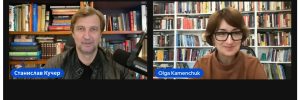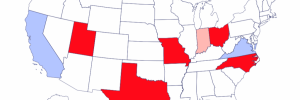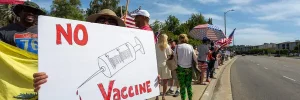
The Center for Communication & Public Policy (CCPP) is proud to celebrate the outstanding work of our graduate affiliates presenting at the 50th Annual Meeting of the Midwest Association for Public Opinion Research (MAPOR), held November 21–22 in Chicago. This year’s conference theme — “Fifty Years of Measuring Change: Where we were, where we are,









